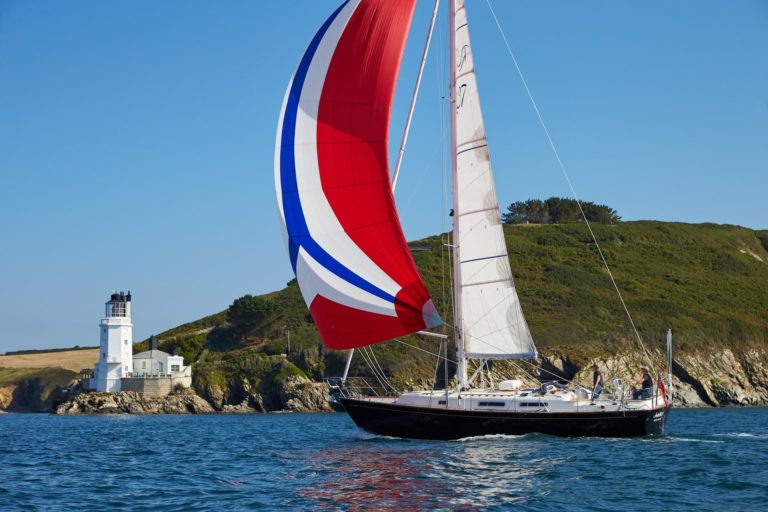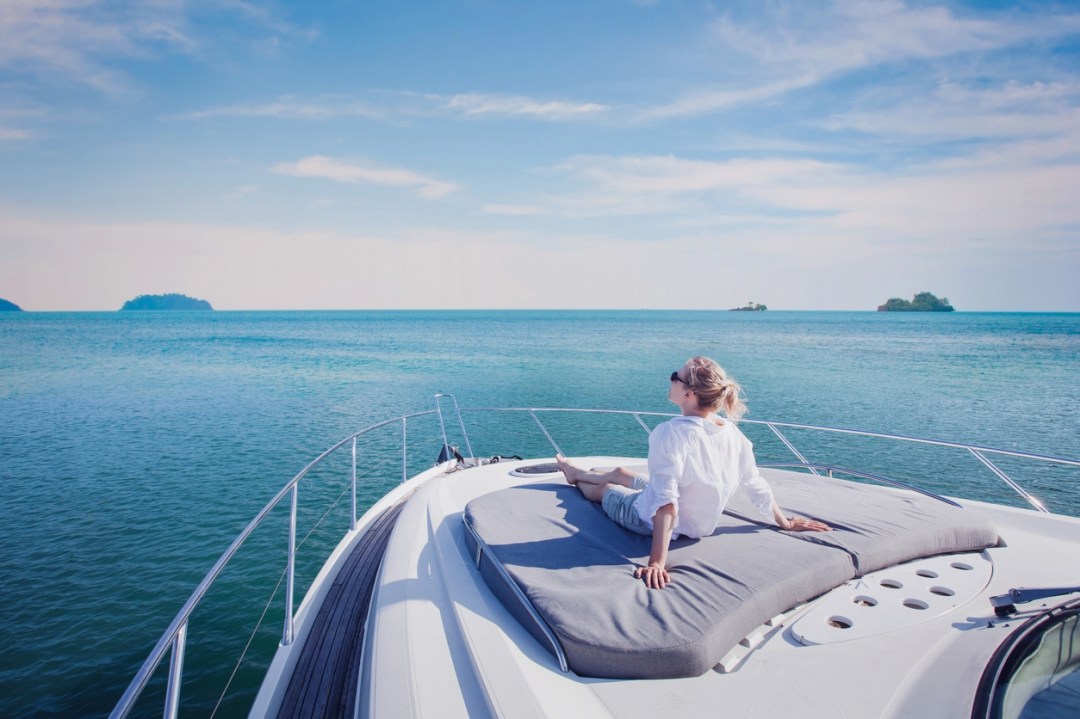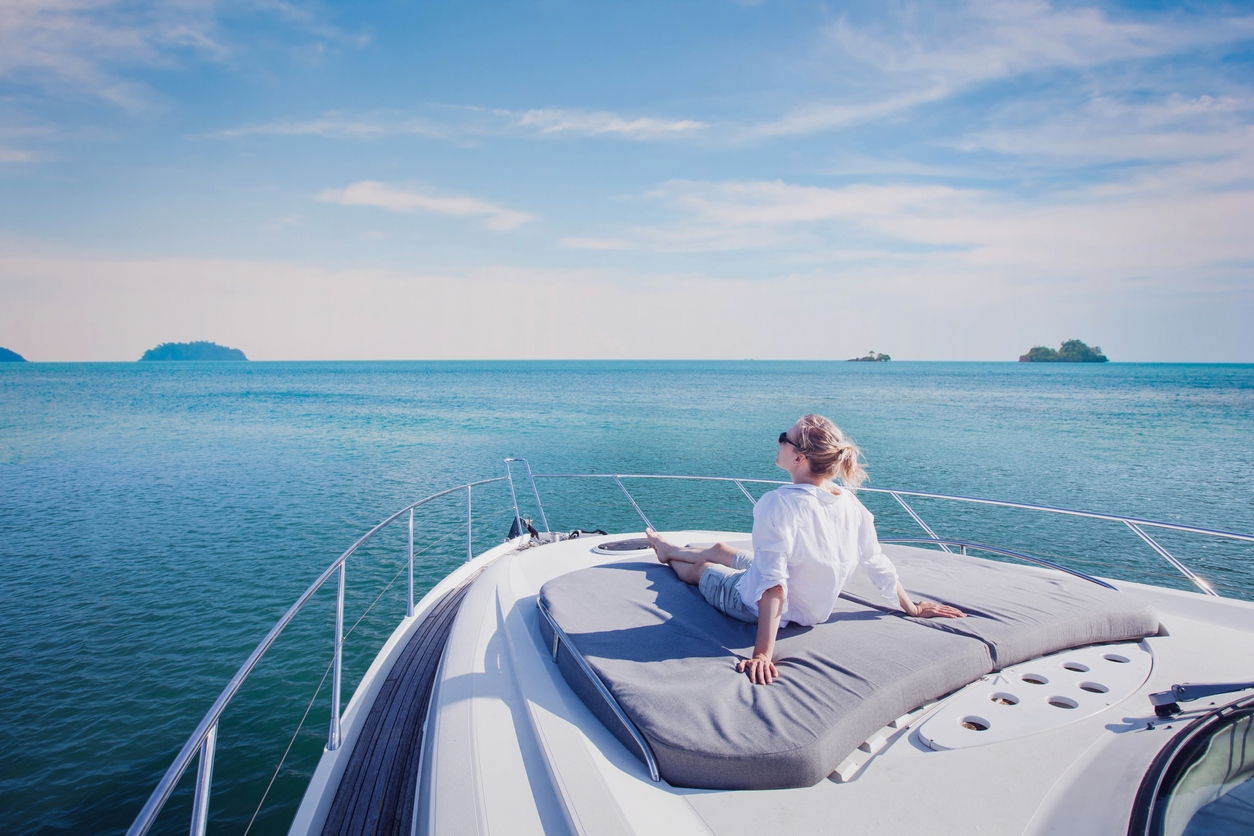One of the most striking features of the second Covid summer has been the soaring prices of holiday cottages. How dare the owners of static homes in the vicinity of the coast be charging quite so much for the uneven pleasures of a week in a caravan park?
Well, get used to it because as Britain’s population continues to soar – we’re on track to hit 75 million in the next two decades –pressure on property and prices is only going to increase. As Mark Twain remarked: ‘Buy land, they’re not making it anymore.’
All right, you say, we’ll go abroad instead, plus the weather’s better over there.
Well good luck with that, too. As we approach a world of 11 billion people in 2050, don’t forget that potentially north of five billion of them will be defined as middle class – with the spending power to match. In other words, that idyllic pad in Tuscany that you’ve been returning to year after year might soon experience the sort of price inflation that we’ve seen here this summer.
Battles over sun-loungers with the Germans in the 1980s will look like a picnic in comparison to fighting with just a fraction of the estimated 550 million middle class Chinese out there, who might also want to enjoy the same slice of summer paradise as you. It’ll be interesting to see who throws in the towel then.
There are two options: either buy your slice of holiday happiness in Britain now – if you can afford it and if it’s for sale – or think outside the box.
And that’s what I urge you to do. The United Kingdom, don’t forget, is an island nation with more than 12,000 miles of coastline. In a 40 ft yacht, which doesn’t travel much faster than eight knots – approximately nine and a bit miles – an hour, that gives you more than 50 days sailing – assuming you never stopped and you could always sail in a straight line, which you can’t, since most of the time the wind is against you, and there are tides to contend with.
And then beyond our own shores, there’s the whole world to explore. When you consider that 70 per cent of the world surface is covered in the blue stuff, and we have rising sea levels so that’s increasing too, you may begin to appreciate the opportunity sailing offers. There’s loads of space. Acres of it. Avoid certain corners such as Solent (lovely sailing but it makes the M25 on a Friday evening look like an exercise in Yogic relaxation) and shipping lanes, (which can be stressful), and what you have instead is a never-ending blue haven.
Yes, there are storms; yes, you do need to know what you’re doing and be competent, but the learning is part of the fun. At sea, you can find yourself experiencing the sort of tranquillity that others in a grossly overpriced Cornish village can but dream of.
Until you’ve slipped your anchor after sundowners on a glorious October evening in Loch Drambuie on the West Coast of Scotland while stag rut on the shore, you haven’t lived. Or what about catching a quartet of shimmering mackerel for breakfast before crossing the Little Minch from the Isle of Skye to the Outer Hebrides, escorted by dancing dolphin, before spending a night or two exploring Lewis or Benbecula? Or how about ploughing through the intensely blue Atlantic approaches off the coast of Cornwall, before tucking into the Fowey river for a pint at the Lugger Inn in Polruan? Or if you head East, where the mud makes the brackish estuarine waters a brownish shade of blue, no matter how hard the sun tries – here off the coast of Essex and Suffolk you can have a different life afloat altogether, one which is a little bit more the riddle of sands, and where tides govern the day – an important reminder of the power of nature, which helps keep everything else in perspective.
And here’s the good news: your slice of sailing paradise can come at fraction of the cost of the landlubbers’ static alternative. Yes the sky’s the limit if you’re buying a boat, particularly if it’s new (check out the Rustler Yachts website, favourite of Princess Anne, for a happy diversion or head to Oyster Yachts’ brochure if you’re after a bit more glamour). But if unloading half a million pounds or more isn’t your desire, then a second hand boat – and there are plenty of them – of moderate proportions is a particularly affordable and serviceable option.

Instead of blowing £200,000 on a rotten cottage in Norfolk with a garden that needs re-landscaping, you can splash in the region, say, of £20,000 to £60,000 on a boat that’s in the 30 to 40 feet range and will offer you the potential of decades of floating fun. Yes, there are running costs – mooring fees and so on – and things will break, but don’t be put off. After all, there’s no council tax. Boats won’t gain value in the way a property might; they lose up to 36 per cent of their value over a 10 year period. But treat the investment in the same way as you would a car – you are buying an experience rather than an asset.
But the best thing about being afloat? The possibilities: the northern French coast and the Channels Islands are just a day’s sail to the south. Keep going, feeling the sun on your face, and you’ll reach Spain. Before you know it the Med beckons; there are quiet corners that can only be sought out by boat – certainly quieter than the beaches. Or turn the other way and head to the Canary Islands and then take the trip of a lifetime – 2,700 miles across the Atlantic, bouncing just above the equator, to the Caribbean. I did that nearly 20 years ago on a 47-foot catamaran: it was 16-day jaunt underneath fluffy white Trade Winds’ clouds and across an ever undulating landscape of water bluer than the Stuart Sapphire in the Imperial State Crown. And when we got St Lucia, I really didn’t want to stop, because the spell was incredible. As another old sailing friend puts it, ‘When you’re on the boat, you’re on the boat.’ And nothing else matters.
So get yourself afloat. And when you’ve reached the Caribbean after three weeks or so across the Atlantic, being escorted by dolphin and peered at by inquisitive whales, you too can put ashore at a sun-kissed islet like Martinique, which is part of France and where the croissants melt in your mouth and the wine is even better.
Or – work permitting – why not to keep going? After all it’s just another 600 miles across the Caribbean Sea to Panama, then 1,000 miles to the Galapagos, and once you’re done with finches and turtles, you can load up for gargantuan 3,000-mile journey across the Pacific to the Marquesas, one of the most remote island groups in the world and part of French Polynesia, with yet more a good croissants and baguettes to boot. Then it’s a hop and skip and another week or two of sunblock till you hit Fiji and then another week or so New Zealand.
Now tell me this, can you do any of that in slate-roofed former fisherman’s cottage in Port Isaac? Can you do that in a static caravan overlooking Cardigan Bay in Llangrannog? While they welcome the tourism, locals in these areas have become increasingly incensed with inflated property prices caused by out-of-towners buying up second homes. A boat neatly sidesteps this issue while giving you access to all Britain’s best coastal spots.
So I say, forget the dream of a holiday cottage. It’s so 20th century. Get a boat, and get out there and see the world, albeit very slowly and one day at a time.







Comments